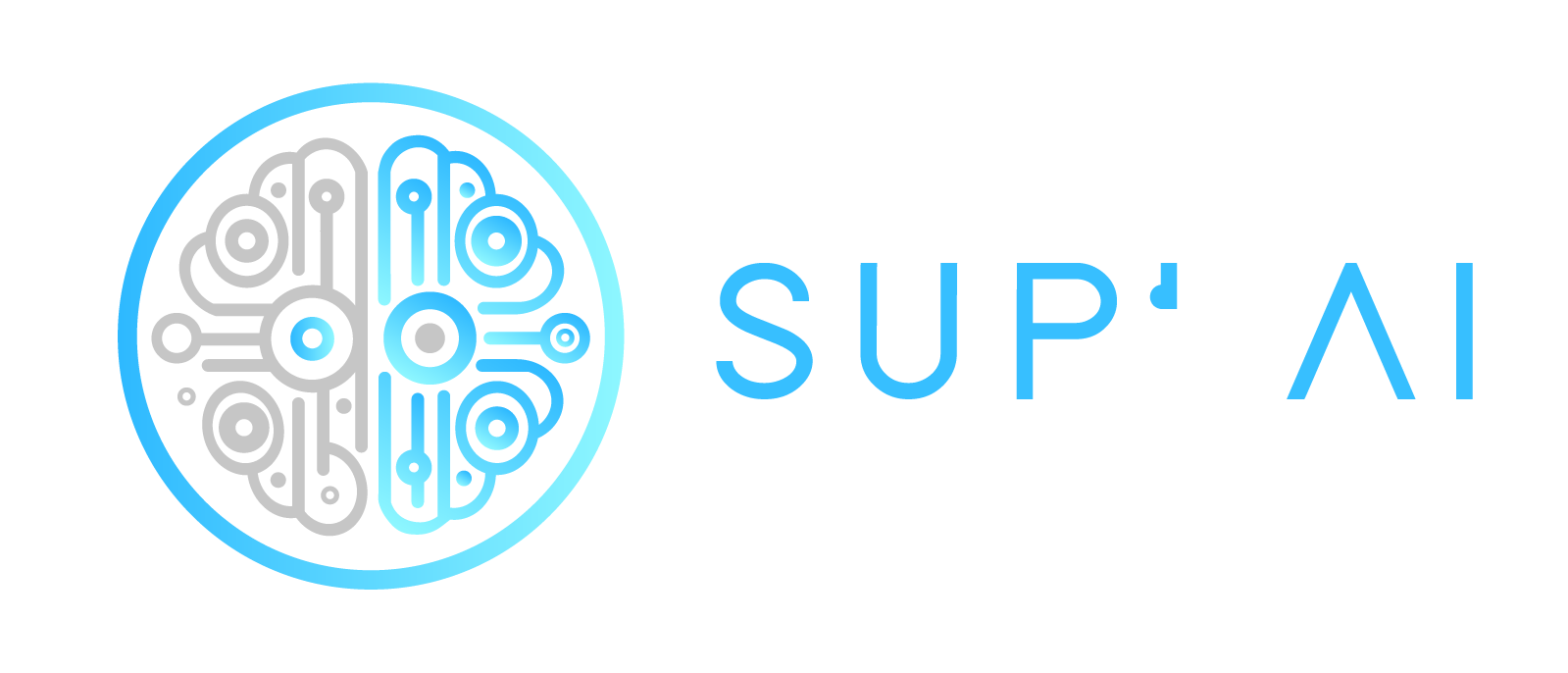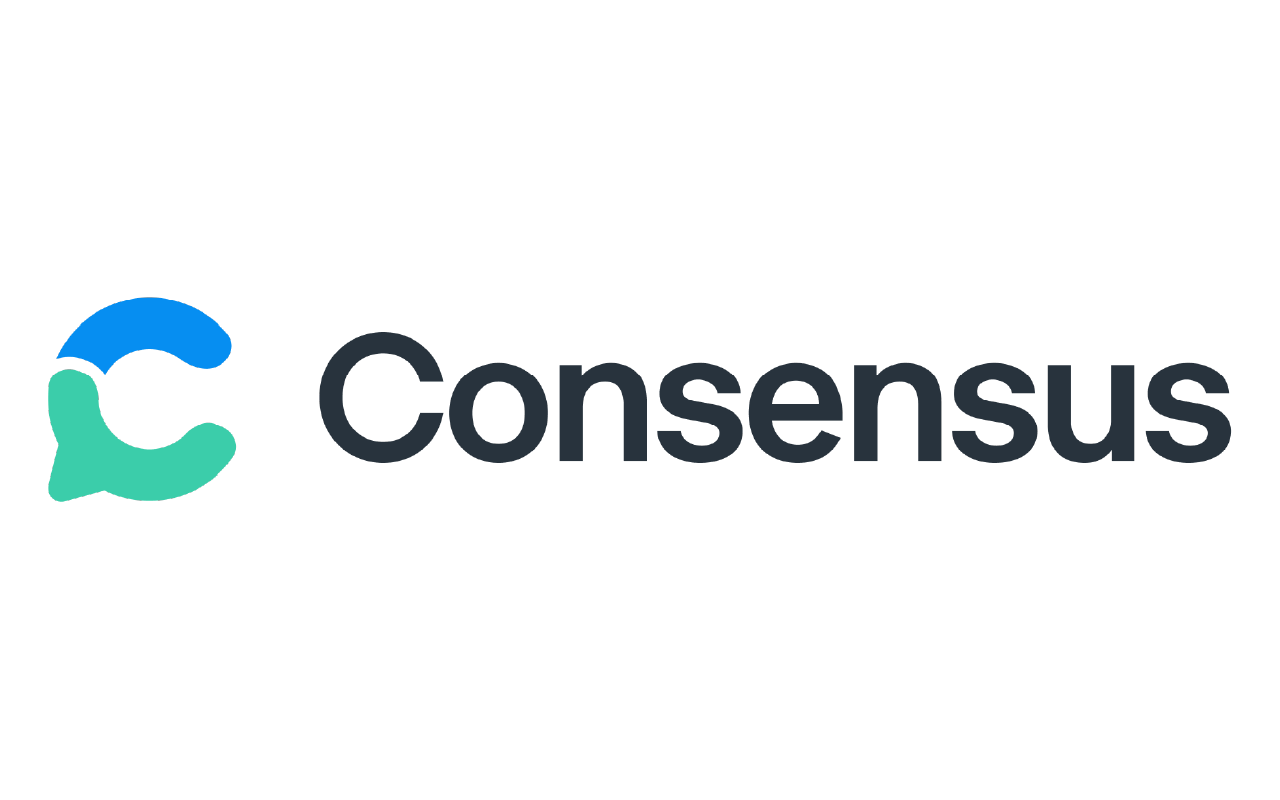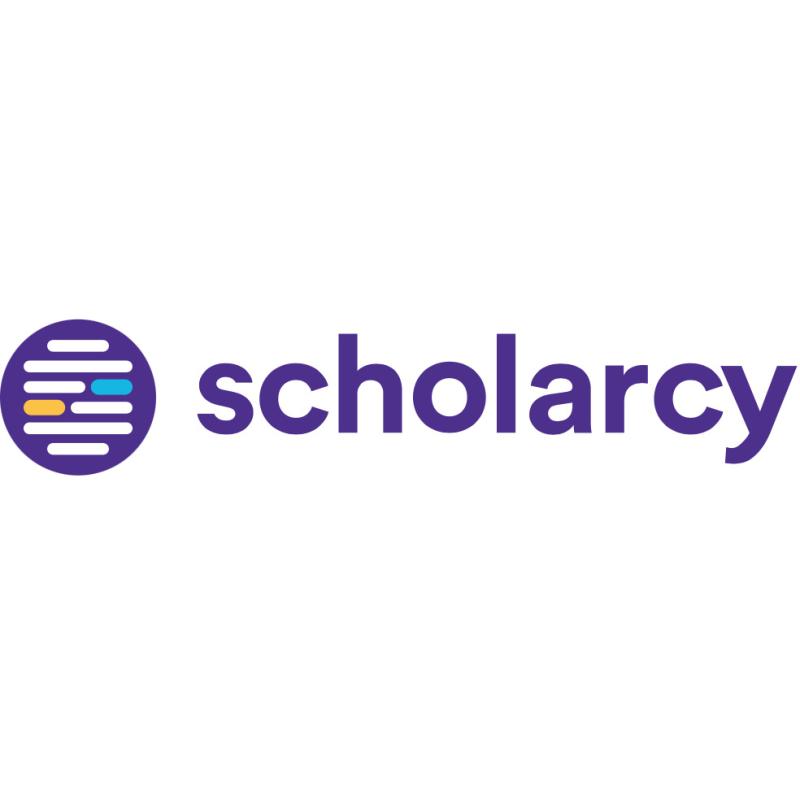What it does best
Searches millions of academic papers. Highlights influential citations and topics.

We are working on the new website and some things might not work yet. We will give you the report a problem option soon to report issues you are having.
Thank you,
Sup' AI team

Semantic Scholar provides AI-driven research and citation tracking tools.
Searches millions of academic papers. Highlights influential citations and topics.
Use it to discover and track research across domains.
Free to use. Open APIs available for developers and researchers.
Semantic Scholar is a free research discovery engine that uses AI to surface relevant academic papers and extract key details—citations, influential references, topics, and figures. It helps you move beyond keyword matches to semantically related work, so you can find anchor papers, skim abstracts, and jump into citation trails without getting lost.
Semantic Scholar is a scholarly search engine that uses machine learning to rank papers by estimated relevance and influence and to expose useful metadata beyond simple keyword matches. It extracts key phrases, identifies influential citations, links author profiles, and suggests related work that often sits just outside your original query. The interface removes clutter and makes it easy to scan abstracts, figures, and citation graphs without opening dozens of tabs. You can create libraries for topics, follow authors, and set alerts that notify you when new papers match your interests. The platform emphasizes fresh and impactful material so that a search yields a shortlist that reflects where a field is moving rather than a generic dump of results.
Semantic Scholar is most effective at the beginning of a review when you want to map the landscape and assemble a reading queue. Start with a broad query, open the most influential results to confirm fit, and then use the recommended papers panel to widen the net. The citation velocity indicator helps you notice fast moving areas that deserve priority, while author pages reveal collaboration clusters that hint at schools of thought. Collections allow you to group candidates by theme and to export references to your citation manager. Keep a disciplined practice of pinning must read items and pruning the rest so that alerts do not become noise. When a claim matters, jump from an abstract to the full text and check methods and limitations before you treat the finding as settled.
Coverage is broad but not universal, and access to full texts still depends on publisher policies and your institution. Relevance ranking is learned from signals that can favor popular subfields, so niche but important work may appear deeper in results. Treat recommendations as a guide and maintain curiosity for outliers that do not fit the main cluster. For privacy, consider your queries as data and avoid placing confidential project details in saved notes. Store your annotations in a system you control when topics are sensitive. With these boundaries Semantic Scholar becomes a dependable front door to a domain and a steady alerting system that keeps your reading aligned with new developments.
We like Semantic Scholar because it reduces friction in the early phase of a review and because recommendations feel meaningfully related rather than loosely connected by keywords. We do not like that relevance signals can bury quieter but valuable work without manual digging. It could be better with per query controls that bias toward novelty or methodological diversity and with clearer flags for retractions and corrections. The most interesting effect is that alerts become genuinely useful when collections are curated with intention. Security posture is standard for a research portal. Keep sensitive content out of saved notes and export references for storage under your own policies. Semantic Scholar is for students, researchers, and product teams who need a fast way to assemble and maintain a living reading list. Its strength is intelligent ranking and steady recommendations. Its weakness is reliance on popularity signals that you must balance with expert judgment.
Reported in academia
Frequently used in courses and labs to introduce literature navigation and author tracking.
Core search is free; API quotas apply for programmatic access.
Widely used in academia and industry for discovery and alerts; common entry point before database-specific searches.
Semantic Scholar is a strong discovery and context tool. Connected Papers visualizes relationships; Dimensions emphasizes analytics and grants data.
 Updating logo
Updating logo
Free/Paid: Free
Pricing: Freemium (Or ~$11.99/month) View →Unlock insights, organize information, and boost productivity.
Pricing: Offers a free tier for individuals and paid plans for teams with advanced features and collaboration tools. View → Updating logo
Updating logo
AI literature review assistant for faster reading
Pricing: Free trial + paid plans View → Updating logo
Updating logo
Free/Paid: Free
Pricing: Freemium (Or ~$20/month Pro) View →Learn new subjects with flashcards.
Pricing: Tinycards was a free application, offering unlimited access to user-created flashcard decks without any cost. View → Updating logo
Updating logo
Free/Paid: Freemium
Pricing: Free basic; premium with institutional pricing View →Capture thoughts, organize ideas, sync across devices
Pricing: Simplenote is completely free to use, with no hidden costs or premium tiers for core functionality. View details →AI-driven gift suggestions for every occasion
Pricing: Free to start, with premium features available for enhanced personalization and advanced search capabilities. View details →Build your own personal knowledge base
Pricing: Free and open-source software, with optional paid plugins and professional support available for businesses. View details →Last updated:
Search